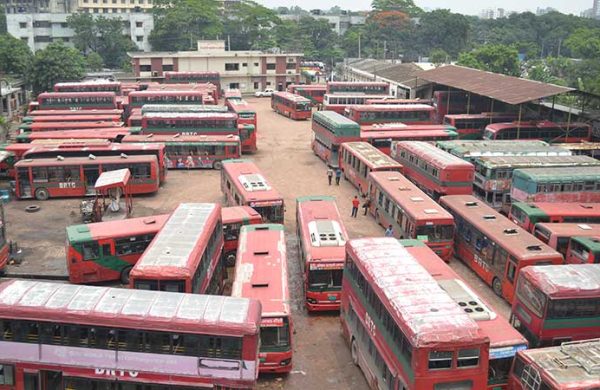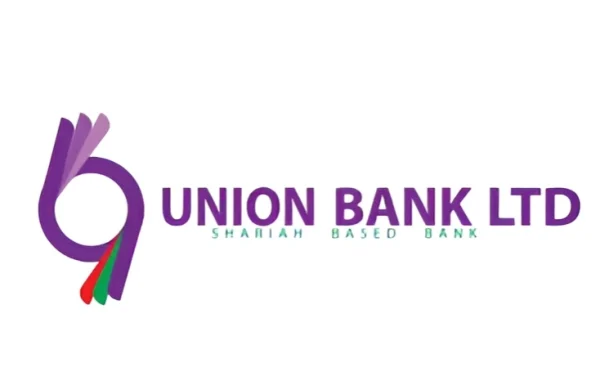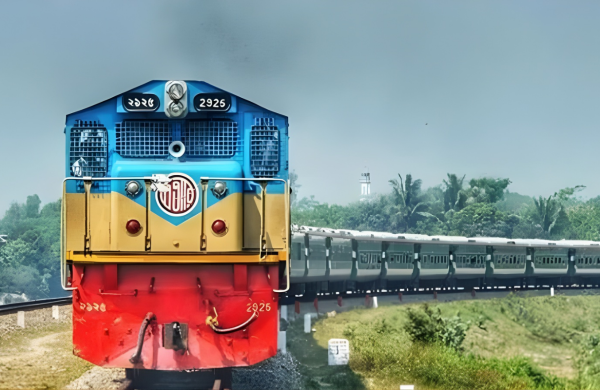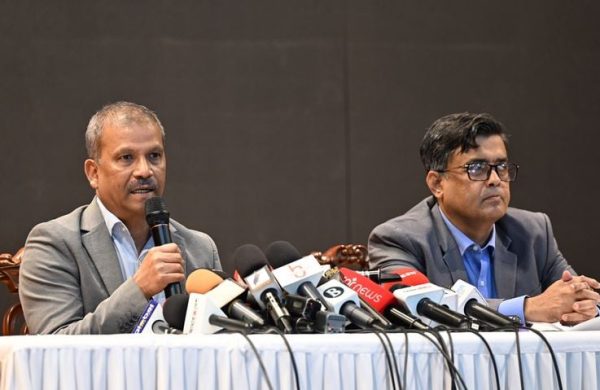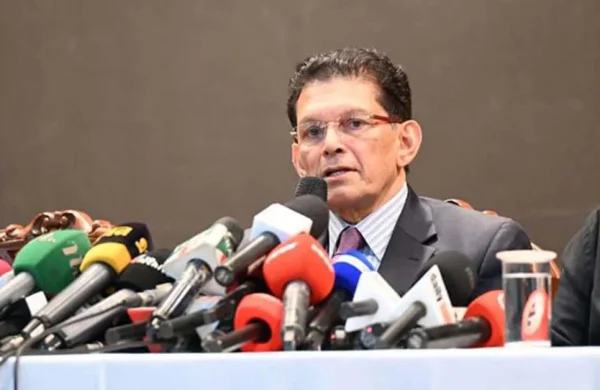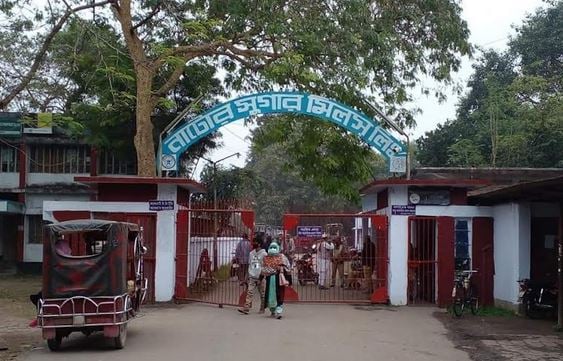Laldia, Pangaon deals: Global boost or big risk for Bangladesh?
- Update Time : Wednesday, November 19, 2025
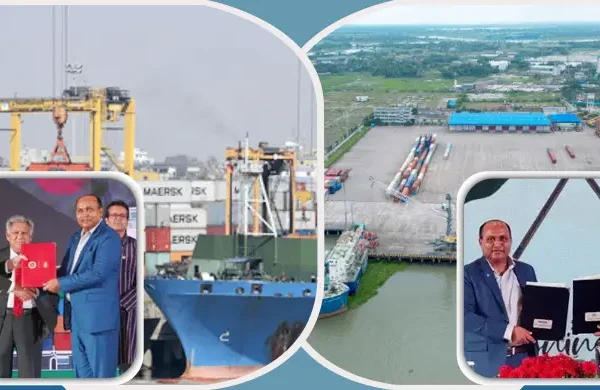
Ctg Correspondent:
Bangladesh has taken a major step toward bringing global expertise into its port operations, signing two long-term agreements with foreign terminal operators to build and run the Laldia Container Terminal at Chittagong Port and to operate the Pangaon Inland Container Terminal near Dhaka.
The move, however, has stirred debate among port users and experts – some calling it a strategic leap toward modernization, while others warn the outcome will depend heavily on how the contracts are managed.
HIGH-VALUE CONTRACTS SIGNED AMID DEBATE
On Monday, November 17, the Chittagong Port Authority (CPA) signed the agreements with:
APM Terminals Laldia – a subsidiary of Denmark’s A.P. Moller-Maersk Group – to build and operate the Laldia Container Terminal.
Medlog SA – a Switzerland-based logistics operator – to run the Pangaon ICT.
The agreements were formalised at two separate ceremonies at a hotel in Dhaka.
Rear Admiral SM Moniruzzaman, Chairman of the CPA, and APM Terminals Vice President Martin van Dongen signed the Laldia agreement. CPA Chairman ATM Anisul Millat and Medlog Bangladesh Managing Director signed the Pangaon deal.
Both agreements come after years of delays in developing the Laldia site – previously occupied illegally and cleared through government eviction – and the prolonged underutilisation of the Pangaon terminal, built over a decade ago at a cost of Tk 156 crore but never reaching its intended capacity.
KEY TERMS: BILLIONS IN INVESTMENT AND LONG CONCESSION PERIODS
Laldia Container Terminal — 33-year PPP deal
Total investment: $550 million (approx. Tk 6,700 crore).
Concession period: 33 years
First 3 years: construction
Next 30 years: operation
Signing money received: Tk 250 crore.
Capacity: 8-10 lakh TEUs annually.
Revenue-sharing:
Up to 8 lakh TEUs: Bangladesh receives $21 per TEU
Above 8 lakh TEUs: $23 per TEU
The deal follows a 2021 G2G agreement between Bangladesh and Denmark, paving the way for APM Terminals – a global operator managing 60 terminals across 33 countries.
Pangaon ICT – 22-Year Operating Contract for Medlog SA
Total investment: $40 million (approx. Tk 490 crore).
Concession period: 22 years
Signing money received: Tk 18 crore.
Medlog, a global logistics operator linked to the MSC Group, is expected to use its fleet, container assets, and digital operation systems to turn around the underperforming terminal.
WHY BRING IN GLOBAL OPERATORS?
Industry experts see competitive edge
Port expert and former CPA Member Zafar Alam argues that the move aligns Bangladesh with global practices.
“Major ports around the world are run by global operators. All eight major ports of India are operated by international terminal operators. Bangladesh cannot remain outside this competition,” he said.
He believes APM’s entry will bring modern technology, operational discipline, and a boost to export-import efficiency.
Zafar added that government-led port construction is no longer feasible at the required scale and speed: “The issue is not about foreign operators—it’s about global operators with expertise. The Laldia deal is positive, and traders will benefit.”
INDUSTRY REACTION: OPPORTUNITIES AND RISKS
Shipping agents welcome the move
Bangladesh Shipping Agents Association President Syed Mohammad Arif called the initiative “timely and necessary,” especially for capacity expansion.
Benefits anticipated:
Access for large vessels
Laldia’s location near the Karnaphuli River mouth allows entry for ships with an 11+ metre draft, reducing mother vessel dependency.
Modern terminal infrastructure
APM’s global experience is expected to raise operational standards.
Reduced congestion at Chittagong Port
If Maersk Line’s containers shift to Laldia, pressure on existing jetties will ease.
Pangaon turnaround
Medlog’s own container fleet may finally make the terminal viable.
Concerns Remain
Revenue-sharing and contractual safeguards will determine whether Bangladesh captures fair long-term value.
Market dominance by major shipping lines could influence container flows and competition.
Strategic control over critical port assets may weaken if oversight is not robust.
A TURNING POINT FOR BANGLADESH’S MARITIME LOGISTICS
With rising container volumes and intensifying regional competition, industry leaders say Bangladesh must modernise or risk falling behind neighbouring markets such as India, Thailand, and China – all of which already rely heavily on global operators.
The Laldia and Pangaon deals signal a strategic shift: embracing foreign expertise to enhance competitiveness, expand capacity, and attract investment.
But as experts repeatedly stress, the ultimate outcome will depend on implementation, transparency, and regulatory oversight over the next two to three decades.
If managed well, the partnerships could transform Bangladesh’s logistics landscape – positioning Chittagong Port as a modern, globally competitive hub.



